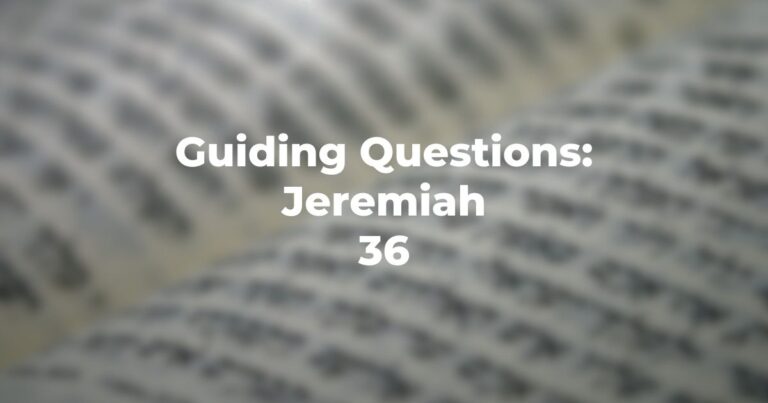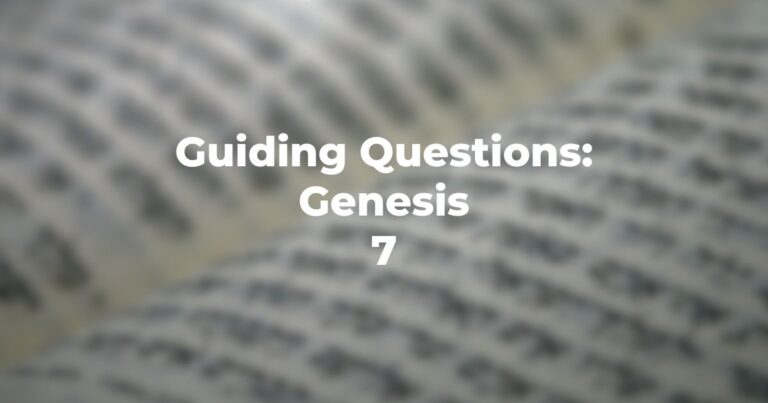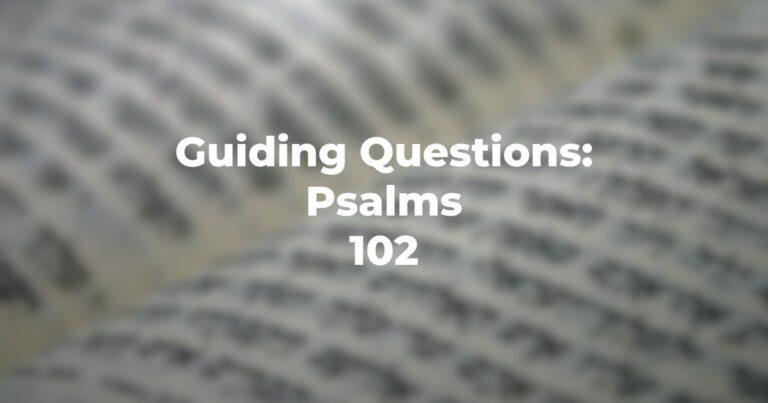- Is the wilderness reference in Jeremiah 31:1 historical (Exodus) or future oriented?
- Is God’s love for Israel time-bound or infinite (Jeremiah 31:2)?
- What are the hallmarks of future redemption (Jeremiah 31:3-5)?
- Why the emphasis on the handicapped (Jeremiah 31:7)?
- What is a “gan raveh” (Jeremiah 31:11)?
- What is the allusion to “a voice heard in Ramah”?
- Throughout Jeremiah 31, what central theme is repeatedly emphasized as to God and Israel and the future?
- What is a “ben yakir” and is Ephraim a tribe or a cognomen for all Jews (Jeremiah 31:19)?
- And why the specific reference to Judah (Jeremiah 31:23)?
- What does “the seeding/ planting” imply (Jeremiah 31:26)?
- What theological principle re: generational transgression and “punishment” is set forth in Jeremiah 31:28-29? Does it take issue with another thesis?
- In Jeremiah 31:30 is “Brit Hadashah” a covenant to replace/supplant or supplement the original covenant?
- Does Jeremiah 31:31 constitute a comparison or indicate the prophet’s assertion that it is a change?
- Is the “inscribed heart” (Jeremiah 31:32) a reference to heart as seat of emotion or repository of thought? (Which bodily organ did the ancients think of as the source of judging and value formation?)
- Does Jeremiah 31:33 imply that “instruction” will no longer be necessary – and/or that understanding will be universal?
- Why is the verb “to know” employed rather than the verb “to love”?
- To what city does Jeremiah 31:37 refer?
- Will the restoration be permanent (Jeremiah 31:39)?
- Are Jeremiah 31:30-33 of significance in the ideology of other (another) faith(s) – and if so, how interpreted?
Author
-

Exploring Judaism is the digital home for Conservative/Masorti Judaism, embracing the beauty and complexity of Judaism, and our personal search for meaning, learning, and connecting. Our goal is to create content based on three core framing: Meaning-Making (Why?), Practical Living (How?), and Explainers (What?).
View all posts




